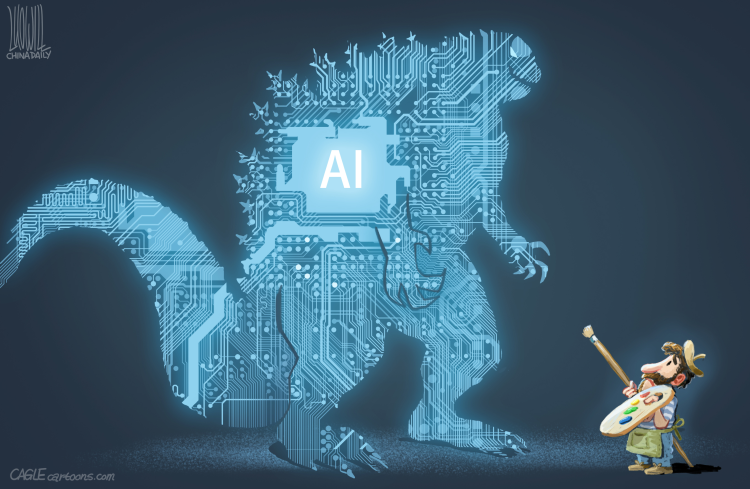Thursday was my 60th birthday. I can't believe how time flies. Birthdays seem to come more quickly as you get older.
It makes sense, though, I suppose. When you were four, a birthday represented a quarter of your life. Now, a year represents a much smaller percentage.
While it's not always pleasant getting older, it sure beats the alternative!
This year, I made a concerted effort to be more healthy, fit, and vital in mind, body, and spirit. I said I wanted to sprint into 60, rather than roll into it.
If you are going to live longer, your future has to be compelling to you. Otherwise, who would want to extend their stay? That is why I strive to keep my future bigger than my past.
As time marches on, I become increasingly grateful for the friends and family who share the journey with me. This year, I spent my birthday in San Diego, surrounded by family and some close friends. On Saturday, they surprised me with a "Birthday Palooza," celebrating my 60th along with my wife Jennifer's 50th.
When I was a kid, I couldn't imagine being where I am today ... nor could I imagine the path that got me here.
Looking back, it all seems to make sense (even though it felt pretty random while making my way through it).
I feel lucky to have been in the right place at the right time, so consistently, and to find the gift in most situations (even when it seemed so well hidden).
I'm grateful for a lot today, and as much as I love innovation, sometimes things are perfect just the way they are.
Hopefully, you took time this weekend to let someone know they're important to you. If not, now is a good time for that too.
Onwards!



Do You Think the U.S. Has Aliens?
I'll admit to being fascinated by the idea of aliens. Growing up in the 60s and 70s, there was no shortage of science fiction fantasies imagining what a space-faring civilization would look like and, more importantly, what would we, the Earthlings, do when they made contact.
Last year, there was a U.S. congressional hearing on Unidentified Flying Objects. While there wasn't any proof of aliens, they did admit to phenomena they couldn't explain with their current information.
Now, we have multiple former military officials testifying in a House of Representatives meeting that the U.S. has recovered not only spacecraft but alien biological matter for decades. While I do believe in the possibility of aliens, I remain skeptical.
There are many stories (or theories) about how we had encountered aliens before and just kept them secret. For example, in 2020, a former senior Israeli military official proclaimed that Aliens from a Galactic Federation had contacted us - and that not only is our government aware of this, but they are working together.
In contrast, I have found it more realistic and thought-provoking to consider theories about why we haven't seen aliens until now.
For example, the Fermi Paradox considers the apparent contradiction between the lack of evidence for extraterrestrial civilizations and the various high probability estimates for their existence.
Let's simplify the issues and arguments in the Fermi Paradox. There are billions of stars in the Milky Way galaxy (which is only one of many galaxies). Each of these stars is similar to our Sun. Consequently, there must be some probability of some of them having Earth-like planets. Further, it isn't hard to conceive that some of those planets should be older than ours, and thus some fraction should be more technologically advanced than ours. Even if you assume they're only looking at evolutions of our current technologies - interstellar travel isn't absurd. Thus, based on the law of really large numbers (both in terms of the number of planets and the length of time we are talking about) ... it makes the silence all the more deafening and curious.
If you are interested in the topic "Where are all the aliens?" Stephen Webb (who is a particle physicist) tackles that in his book and in this TED Talk.
via TED
In the TED talk, Stephen Webb covers a couple of key factors necessary for communicative space-faring life.
But he also acknowledges the numerous confounding variables, including things like imperialism, war, bioterrorism, fear, moons' effect on climate, etc.
Essentially, his thesis is that there are numerous roadblocks to intelligent life - and it's entirely possible we are the only planet that has gotten past those roadblocks - or that there might have been others in the past, or others may develop in the distant future.
What do you think?
Here's another article I wrote on the subject, titled "Are We Alone In The Universe?"
Finally, here are some other links I liked on this topic. There is some interesting stuff you don't have to be a rocket scientist to understand or enjoy.
To Infinity and Beyond!
Posted at 07:10 PM in Business, Current Affairs, Gadgets, Healthy Lifestyle, Ideas, Just for Fun, Market Commentary, Personal Development, Religion, Science, Travel, Web/Tech | Permalink | Comments (0)
Reblog (0)